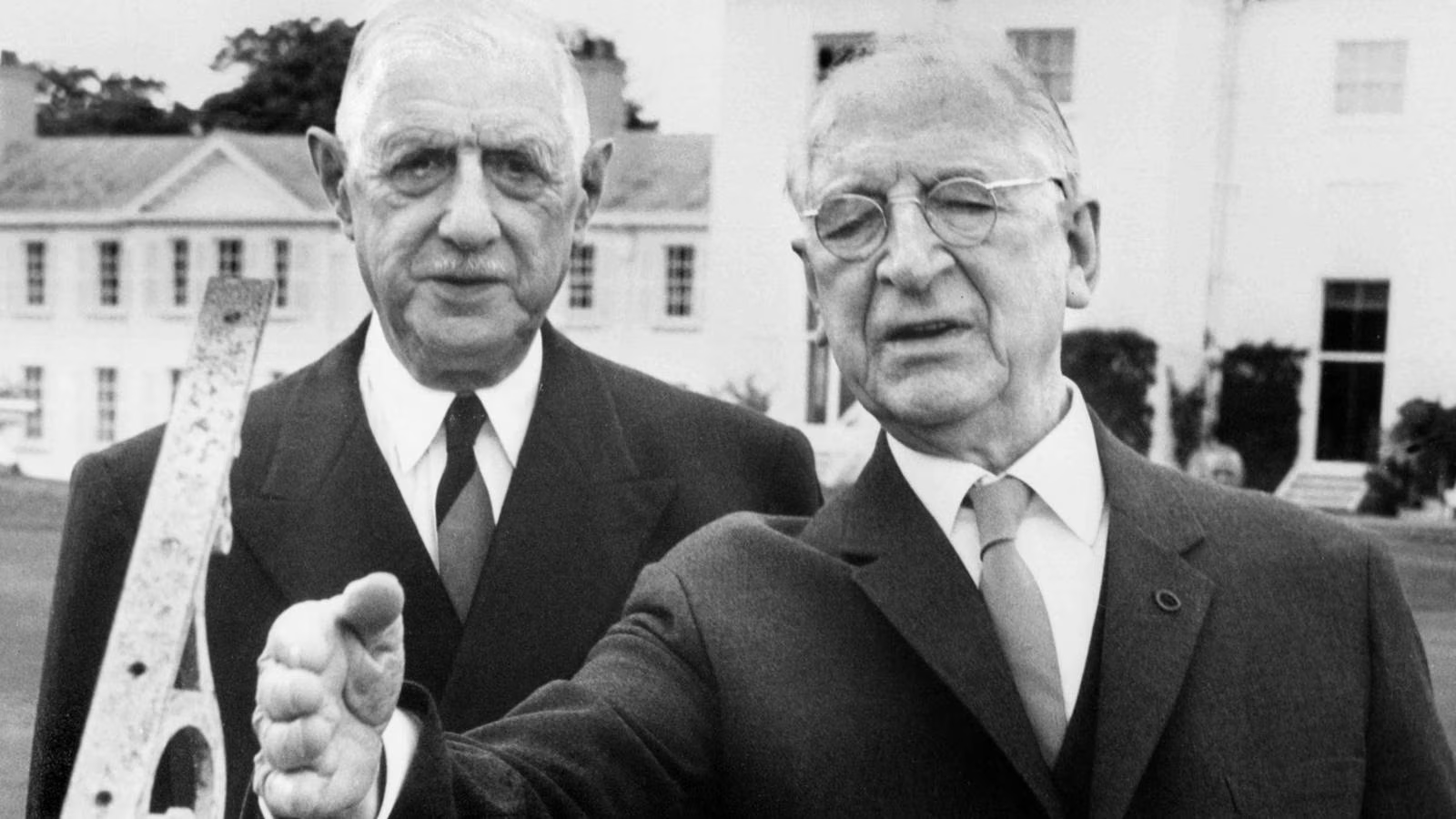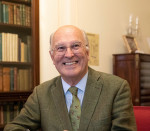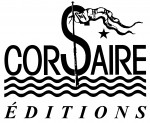Maybe Charles De Gaulle was right in the 1960s to twice veto British membership of the then EEC, economics professor John O’Hagan mused in an article for The Irish Times during the Brexit debate. President Emmanuel Macron, a great admirer of de Gaulle, as good as echoed the view. Britain, in de Gaulle’s view, was too insular, pro-American and non-European in outlook – essentially, as some might say of a country that never really believed in the project, “not club material”.
It was a perspective Pierre Joannon – historian, Hibernophile and Irish honorary consul – returned to last Friday at a wide-ranging seminar in Iveagh House, Dublin, to celebrate Franco-Irish relations as part of the Department of Foreign Affairs’ own celebration of 50 years of EU membership.
Just as the Belfast Agreement was said to be “Sunningdale for slow learners”, Joannon suggested that for Ireland, belatedly, “Brexit creates de Gaulle’s Europe”.
The flip side of de Gaulle’s hostility to British membership and the Anglo-Saxon political culture he despised was his warm welcome for Irish aspirations to membership, an impossibility while the country’s biggest trading partner remained outside. It was an affection fed by his admiration for de Valera.
William Fay, Irish ambassador to France, wrote back to HQ about a de Gaulle meeting in 1960, well before the famous “Non”, recording the French president’s view of “‘one obstacle to the building of Europe which had hitherto proved insuperable; that obstacle was named England”. Au contraire, he spoke of Ireland’s apparent affinity to “Latin Europe”, Fay wrote, in sharing “not merely the Faith but the psychological reactions of Latin peoples”.
[ ‘The fabulous twins’ – Lara Marlowe on de Gaulle and de Valera ]
When another Irish ambassador, Thomas Commins, met de Gaulle in 1966, he found him similarly positive about Ireland, insisting that no problems existed between the two countries, albeit more could be done in terms of practical co-operation. France would not stand in Ireland’s way. Indeed, de Gaulle appeared delighted, former aide and biographer Alain Peyrefitte observed, to provoke the UK by welcoming Ireland in. His toast at a formal dinner in Ireland in 1969 brushed aside diplomatic niceties: “Je bois à l’Irlande; à l’Irlande toute entière.”
Peyrefitte described a conversation in 1963 with the general about Ireland: “The Irish constitute a real nation, a true fatherland. They remained faithful to themselves, to their culture, to their religion, to their personality. They can be a counterweight to England, so great is their dislike towards their neighbour.
“They know what it is to have been a satellite and to have ceased to be so by the sheer strength of their will, even if it meant one fighting against 20.”
Historian Jonathan Fenby wrote of de Gaulle that “from his 20s, he had no doubt about his place in history, referring to himself in the third person and carefully crafting his identification with the nation ... His romantic idea of France was tempered by extreme realism founded in his belief in the fundamental importance of the nation state, with history and geography prevailing over ideology.” Familiar? Little wonder the strong mutual affinity with a de Valera cut from the same cloth. The French journalist Jean Lacouture called them “the fabulous twins”.
France remains the relationship in Europe most valued, closest, and most assiduously cultivated by Irish diplomacy
“They looked alike,” Joannon has written. “The same great height. Both had very poor eyesight and the same careful gestures. By the time they met, both had made history and exited history. There was a kind of symmetry between them. Both were born in the 19th century and believed in their own destiny. De Gaulle was a soldier in the first World War; Dev was the last commander of the Easter Rising to lay down arms before the British. They were imprisoned and tried to escape, then came to power because they’d fought for liberation. Both were traditionalists and practising Catholics who revolutionised their countries.”
Yet, well beyond that interpersonal relationship, France remained, and remains, the relationship in Europe most valued, closest, and most assiduously cultivated by Irish diplomacy. Early in the Brexit negotiations Macron met taoiseach Leo Varadkar at the Elysée palace and said, very much in that de Gaulle spirit, he would “never abandon Ireland or the Irish people, no matter what”. And, remarkably, during that painful divorce process, like other member states with as much at stake, he never did.
And yet, if de Gaulle’s view of British unclubability may seem like clairvoyance, the increasingly politically and economically integrated EU we now inhabit is a far cry from “de Gaulle’s Europe”. Or indeed, one suspects, de Valera’s. Both France, Gaullist Macron included, and Ireland have moved on far from de Gaulle’s instinctive intergovernmentalist vision and see the increasing pooling of sovereignty as enhancing not diminishing.
Brexit, the loss of the great obstacle to integration, opens up that possibility.







